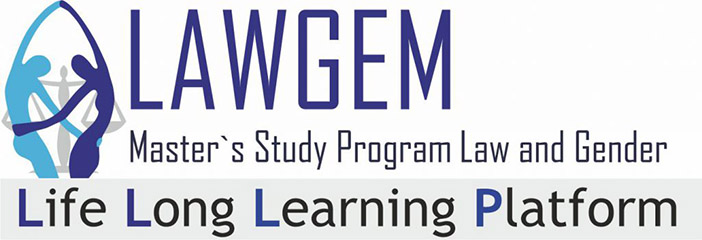
The paper presents a legal analysis of the first and second Žiča charters of King Stefan the First-Crowned. Provisions regarding ecclesiastical organisation and privileges, as well as court summons, are analysed, but the greatest amount of attention is devoted to provisions regarding marriage law, which regulate the prohibiton of wilful divorce (against canon rules) and affinal relations (marriage with ones sister-in law) as marital impediment. Comparing the regulations of theses charters with the provisions of the Zakonopravilo
(Nomocanon) of Saint Sava, the author looks into the legislator`s need to strengthen the respect towards canon rules via a temporal sanction, but also other issues that these rules bear witness to, such as the position of various estates and the position of women. Finally, attention is devoted to the fact that these rules must have been of a general, and not particular, nature, and a conclusion is drawn regarding the significance of royal power and the church-state relations during the reign of Stefan Nemanjić.

